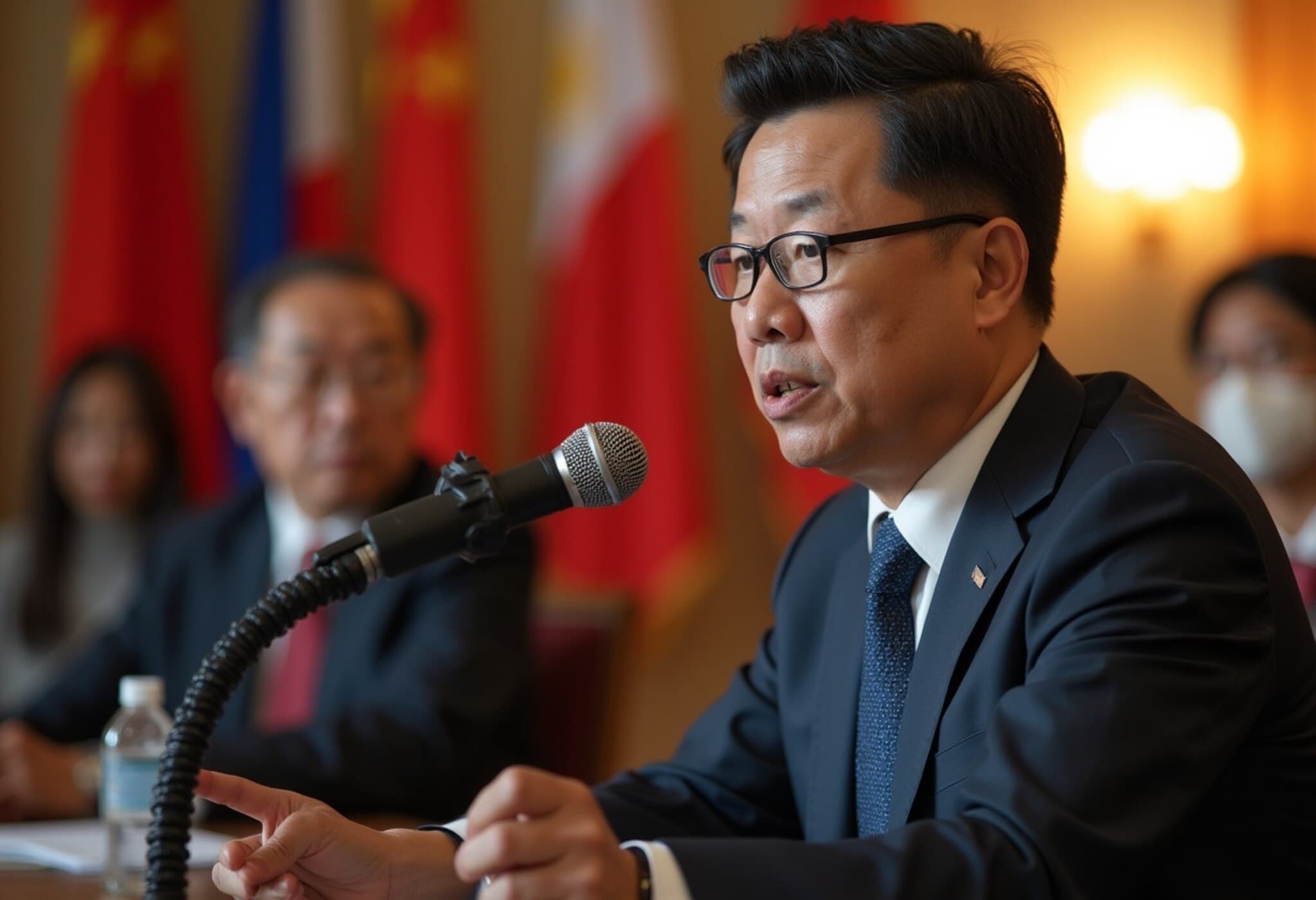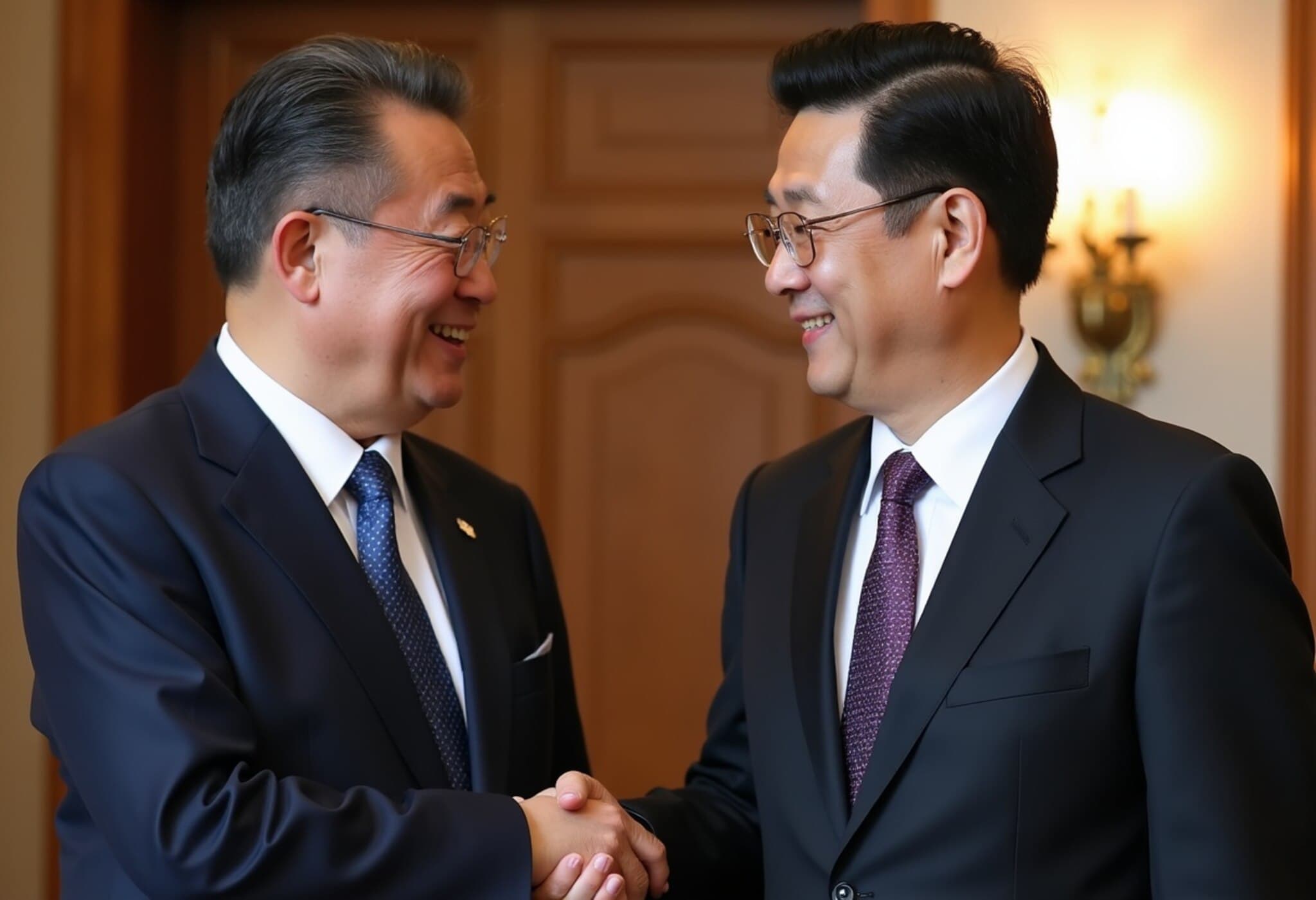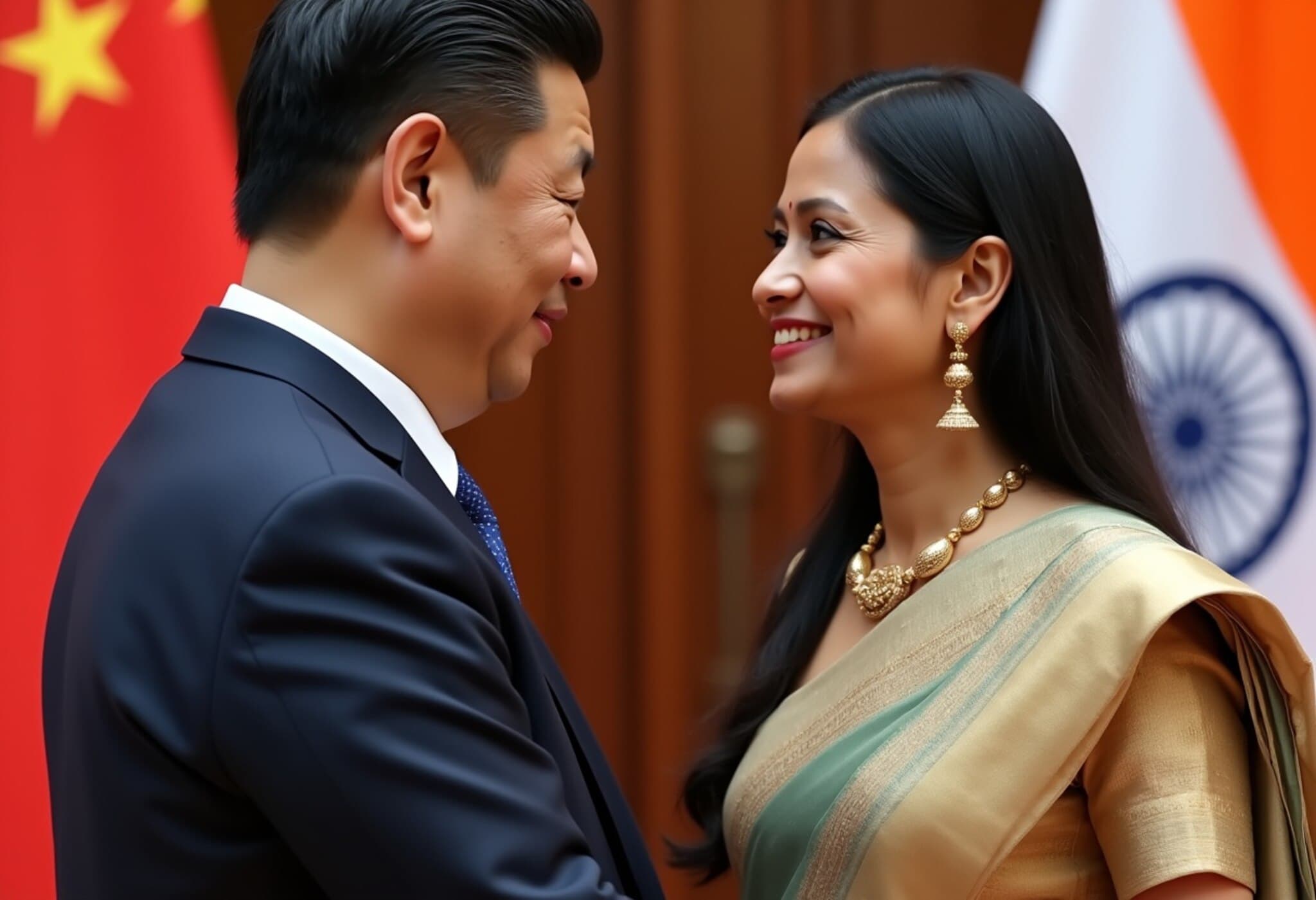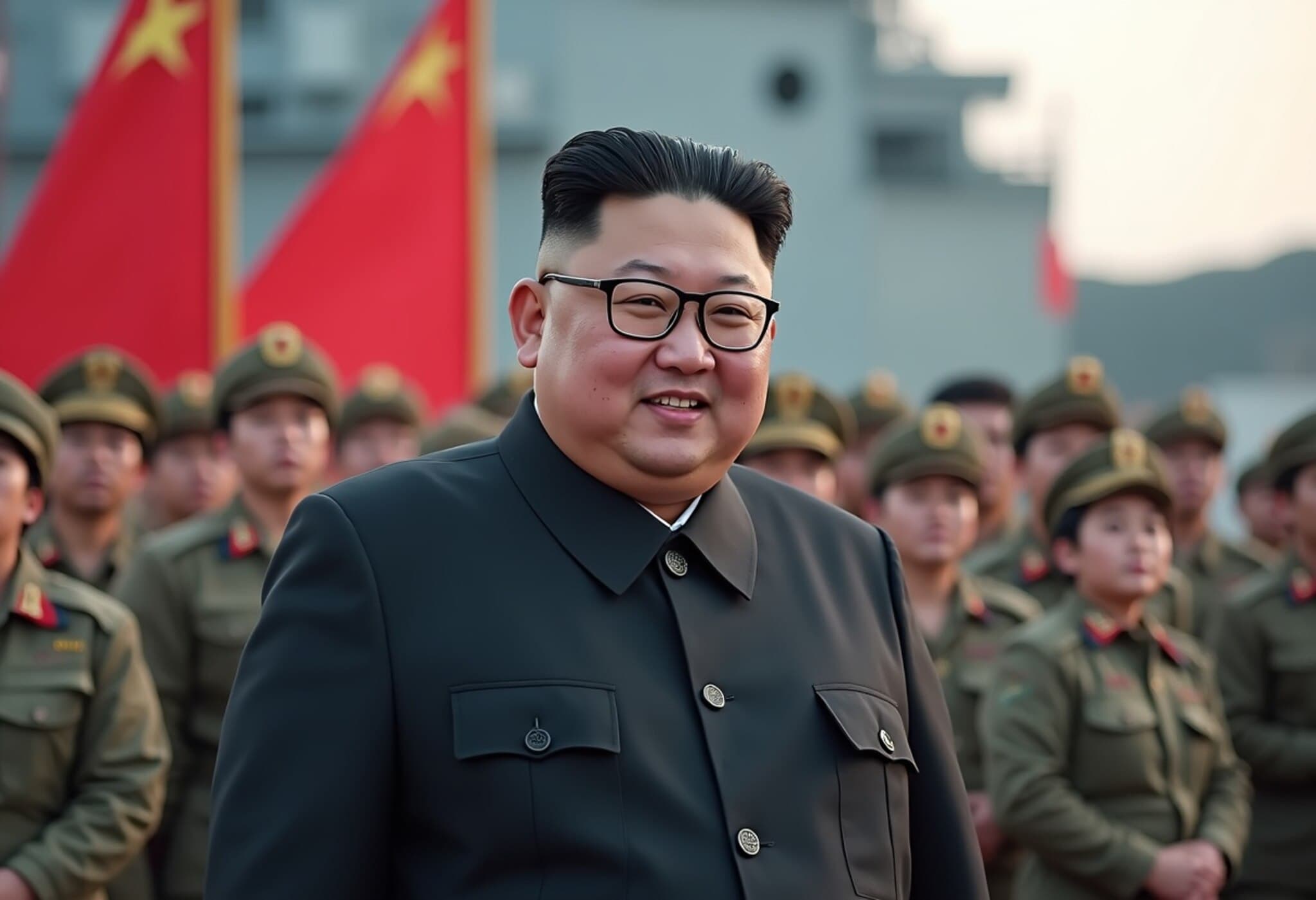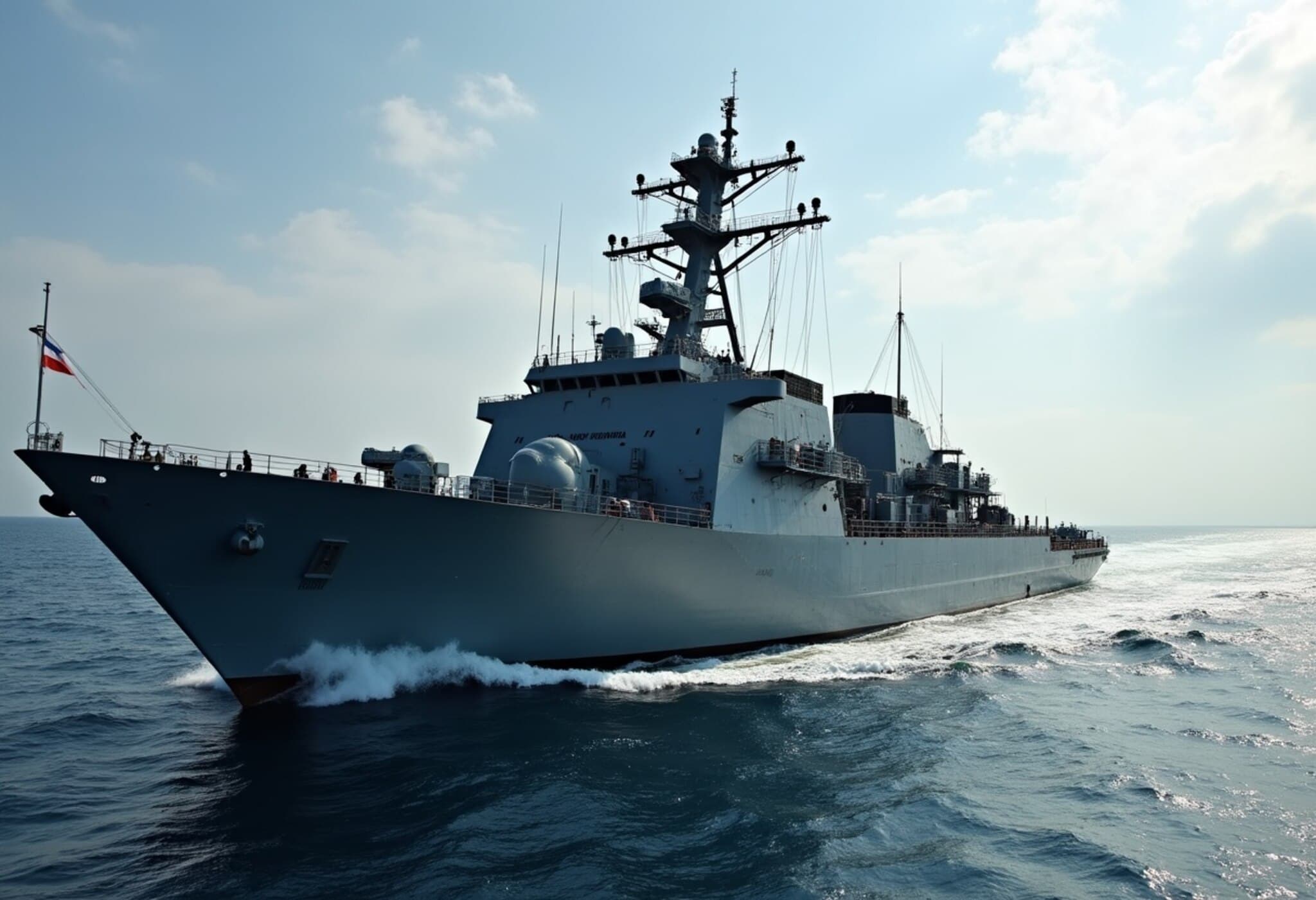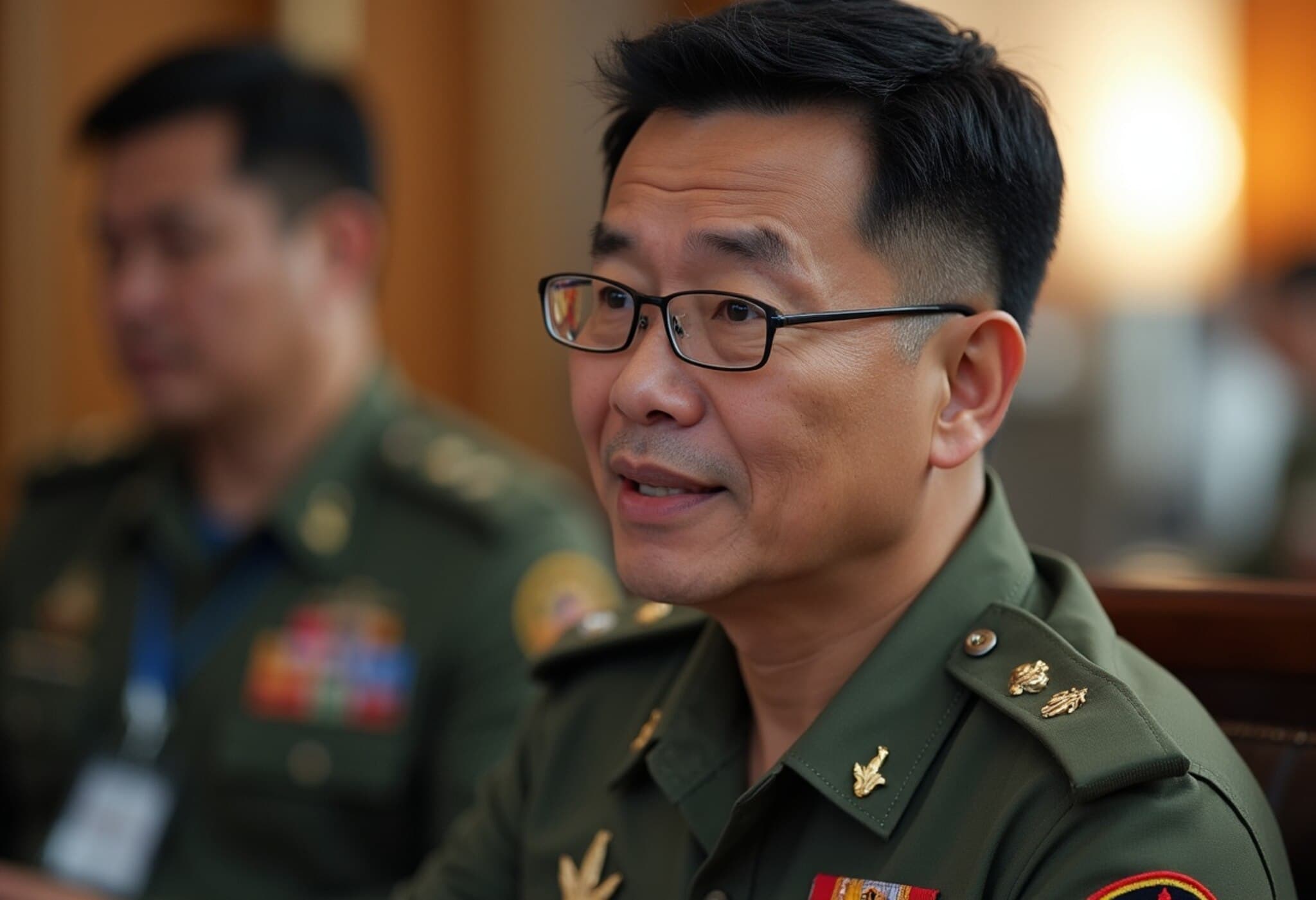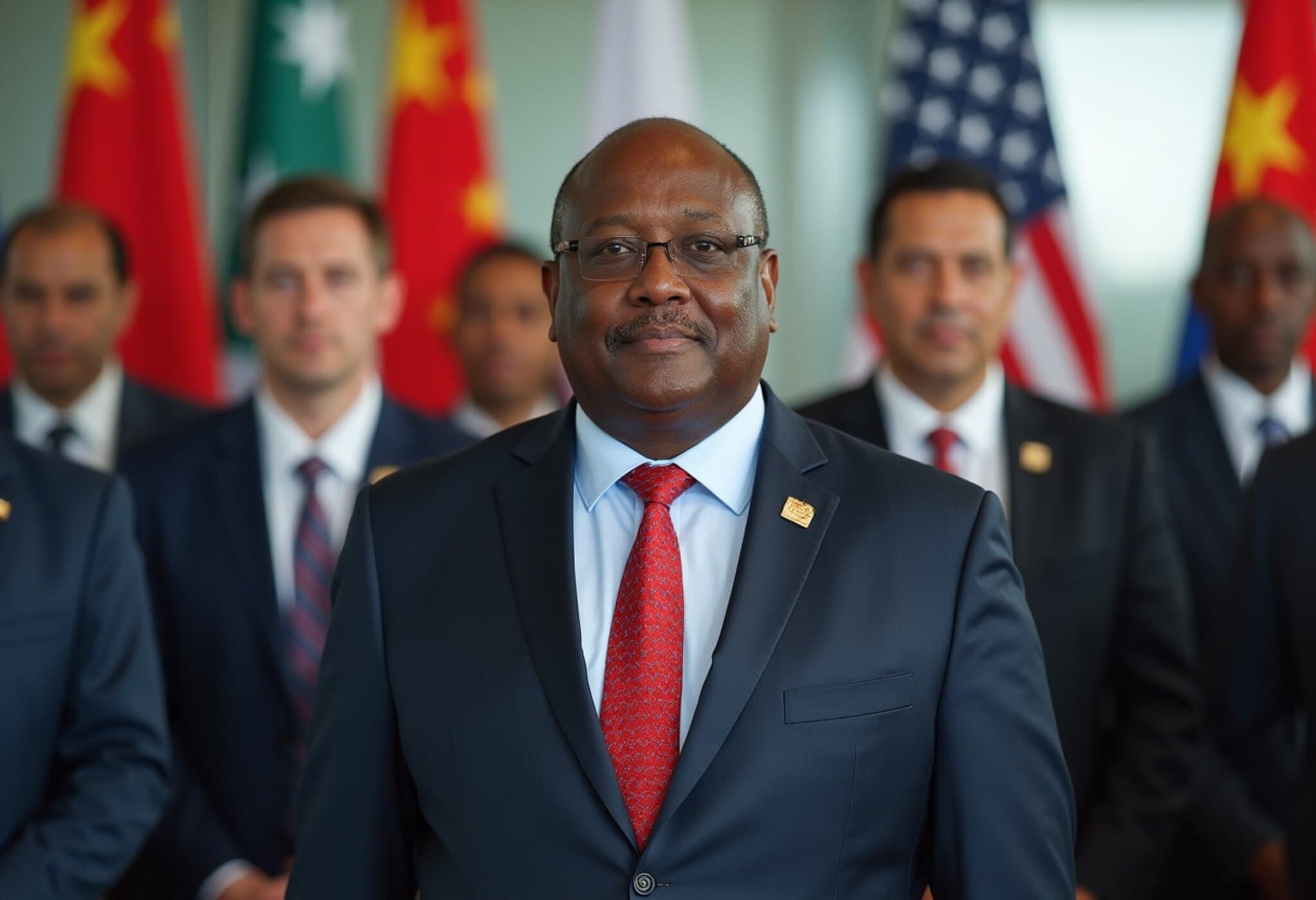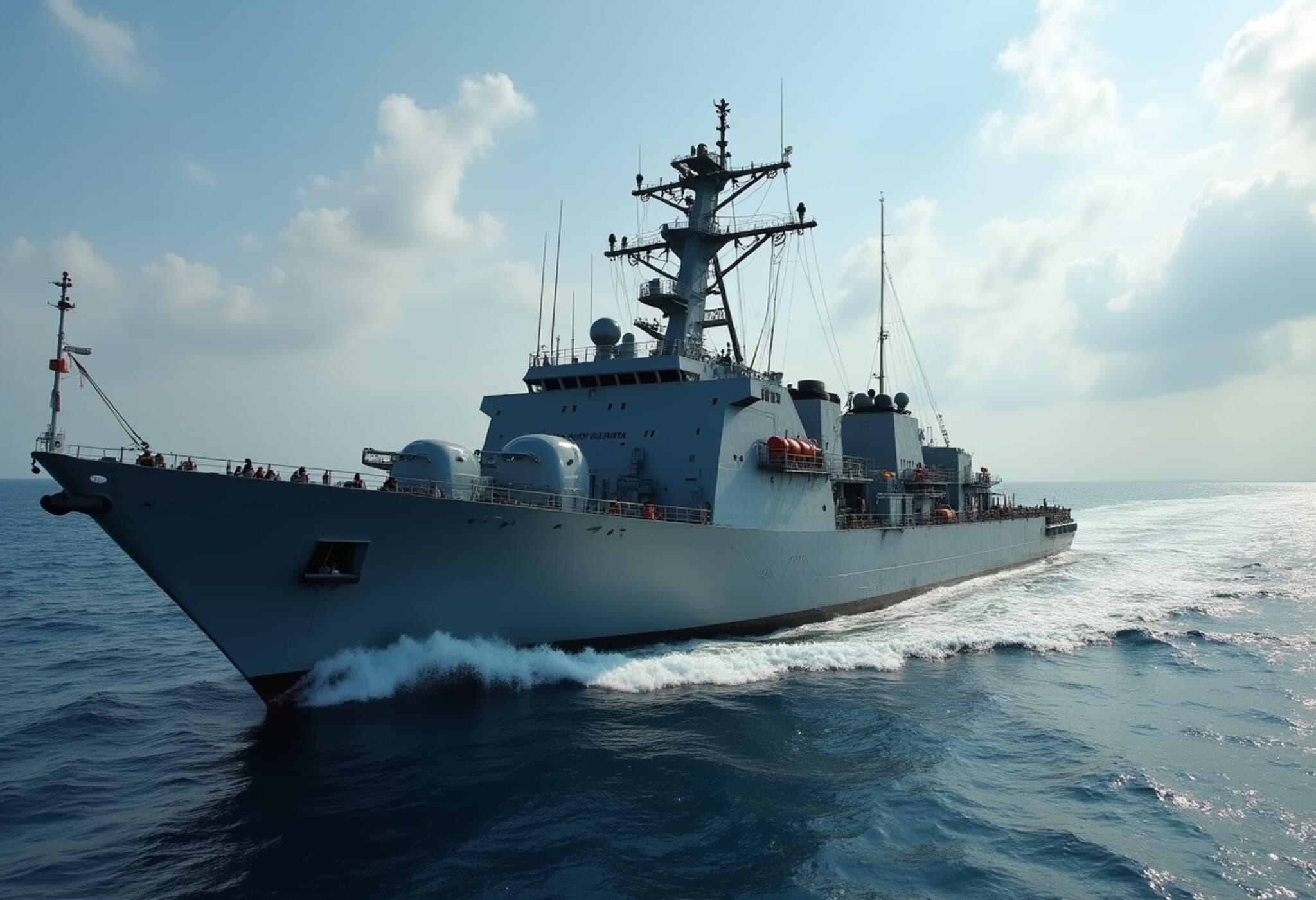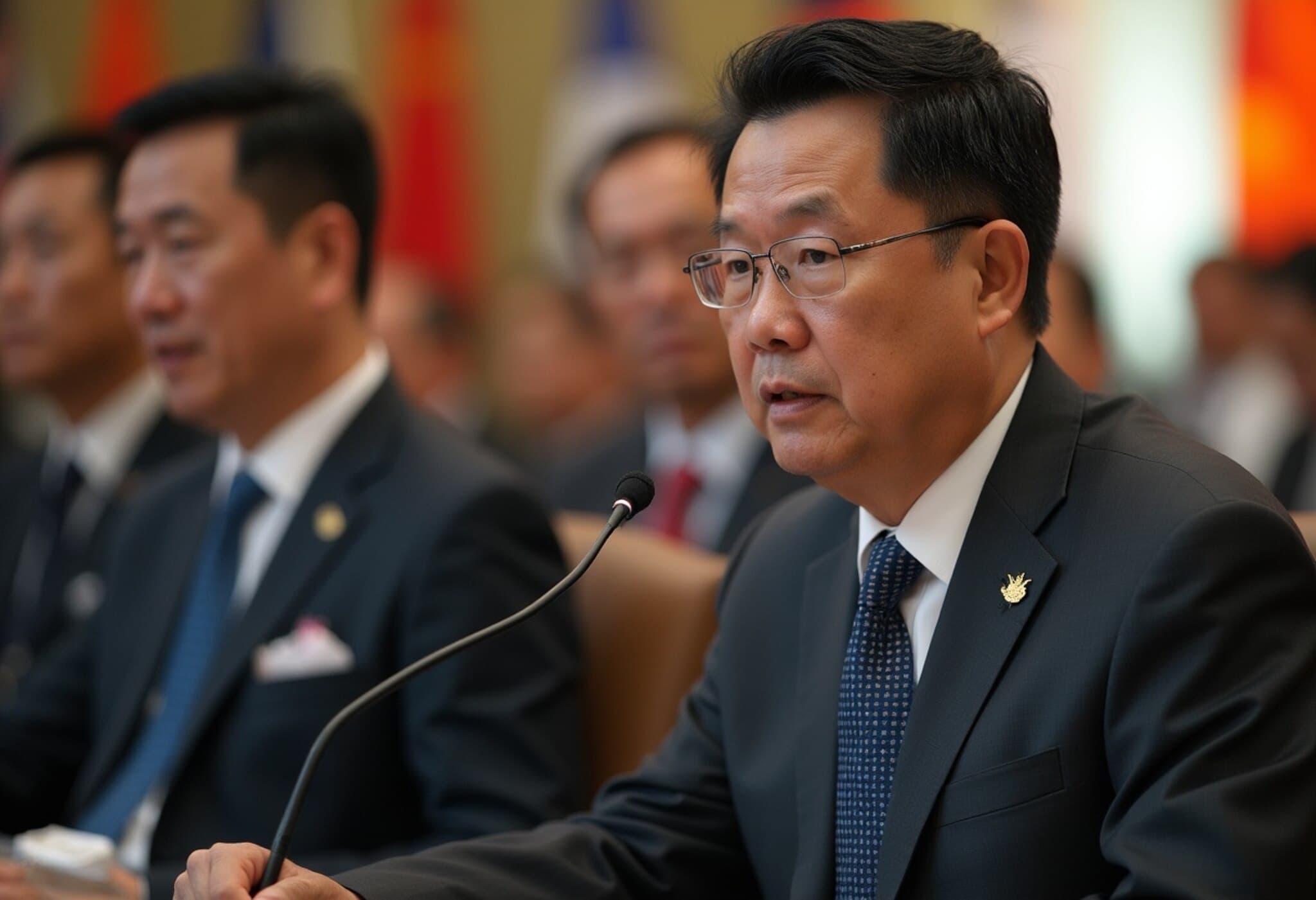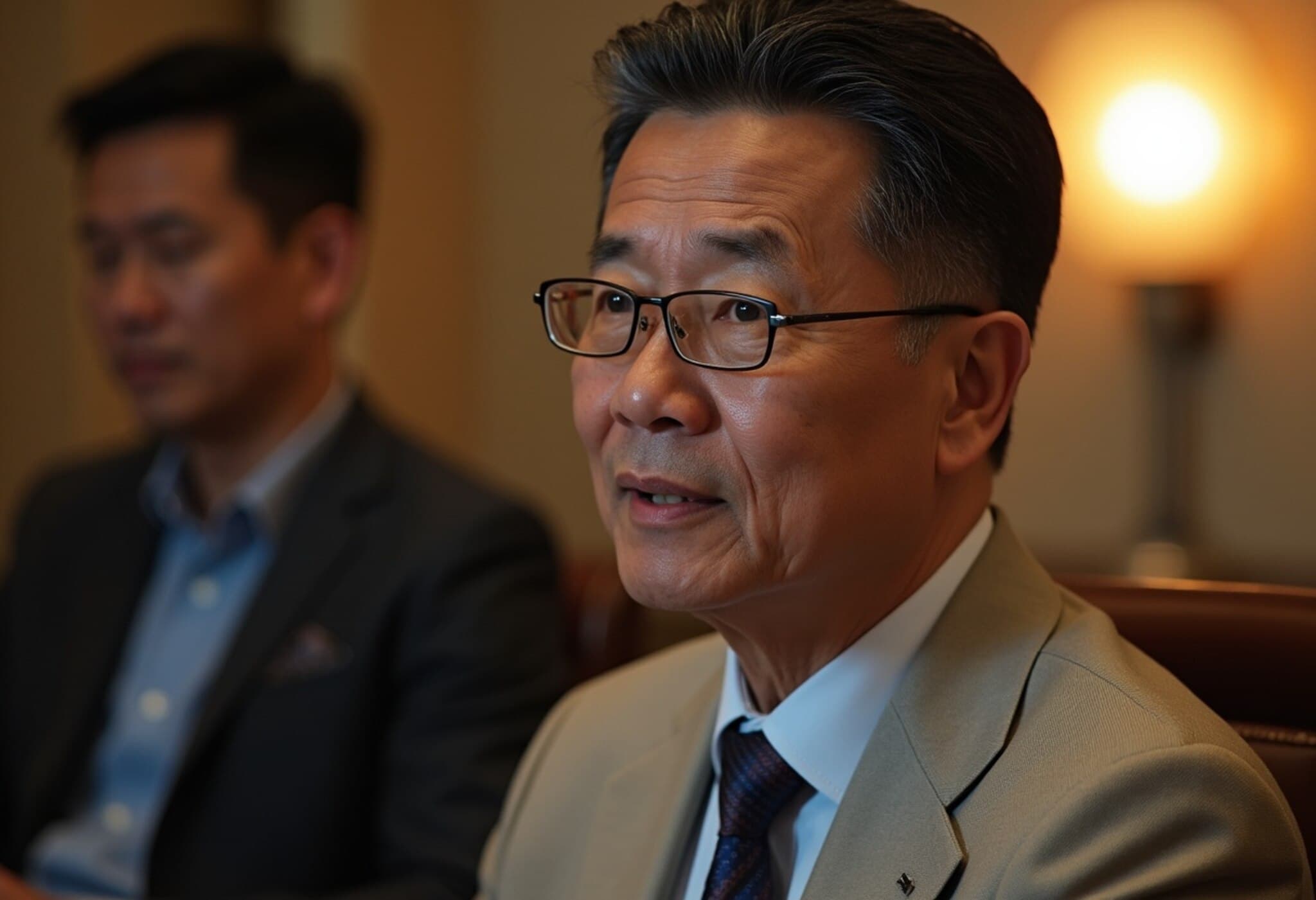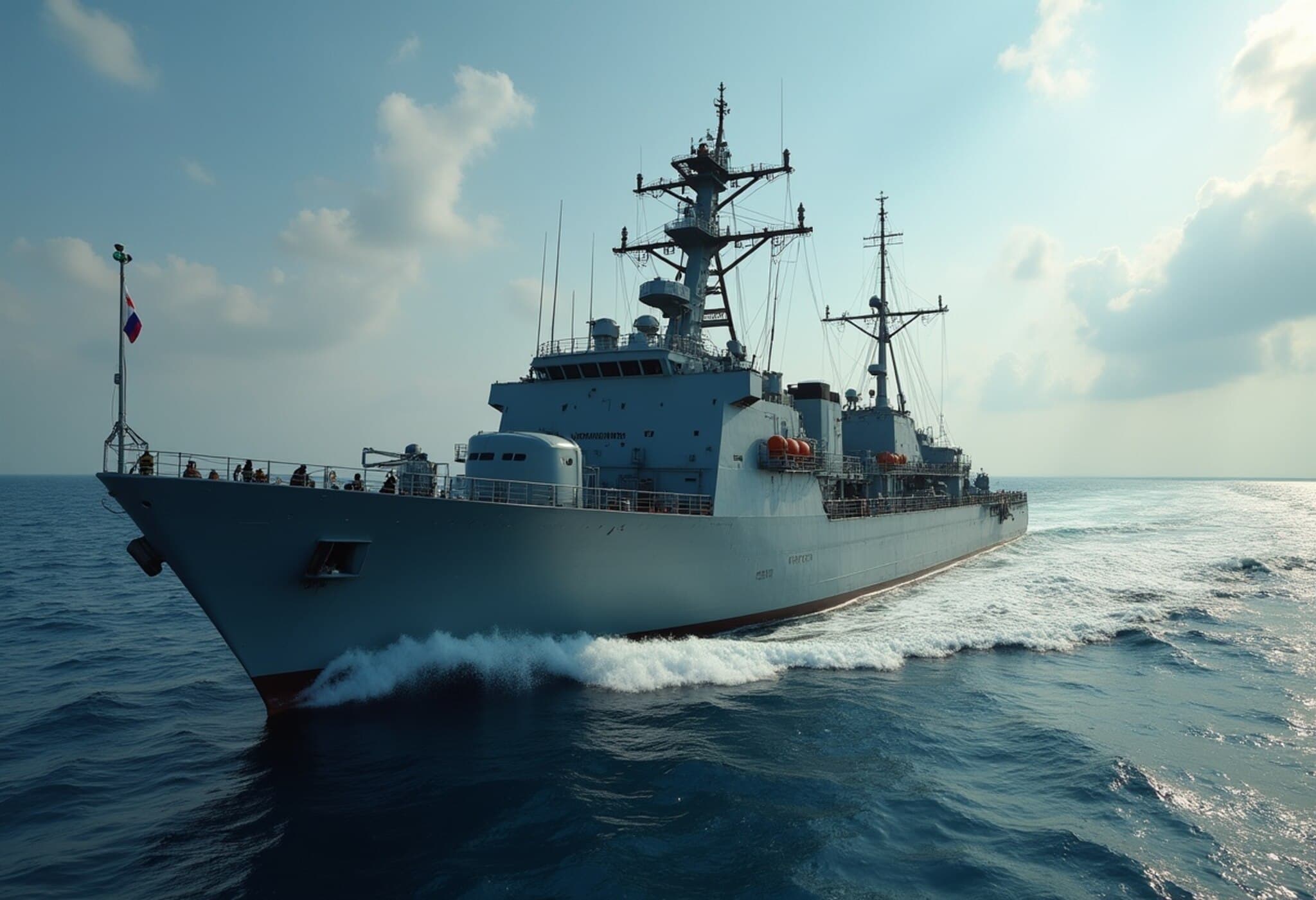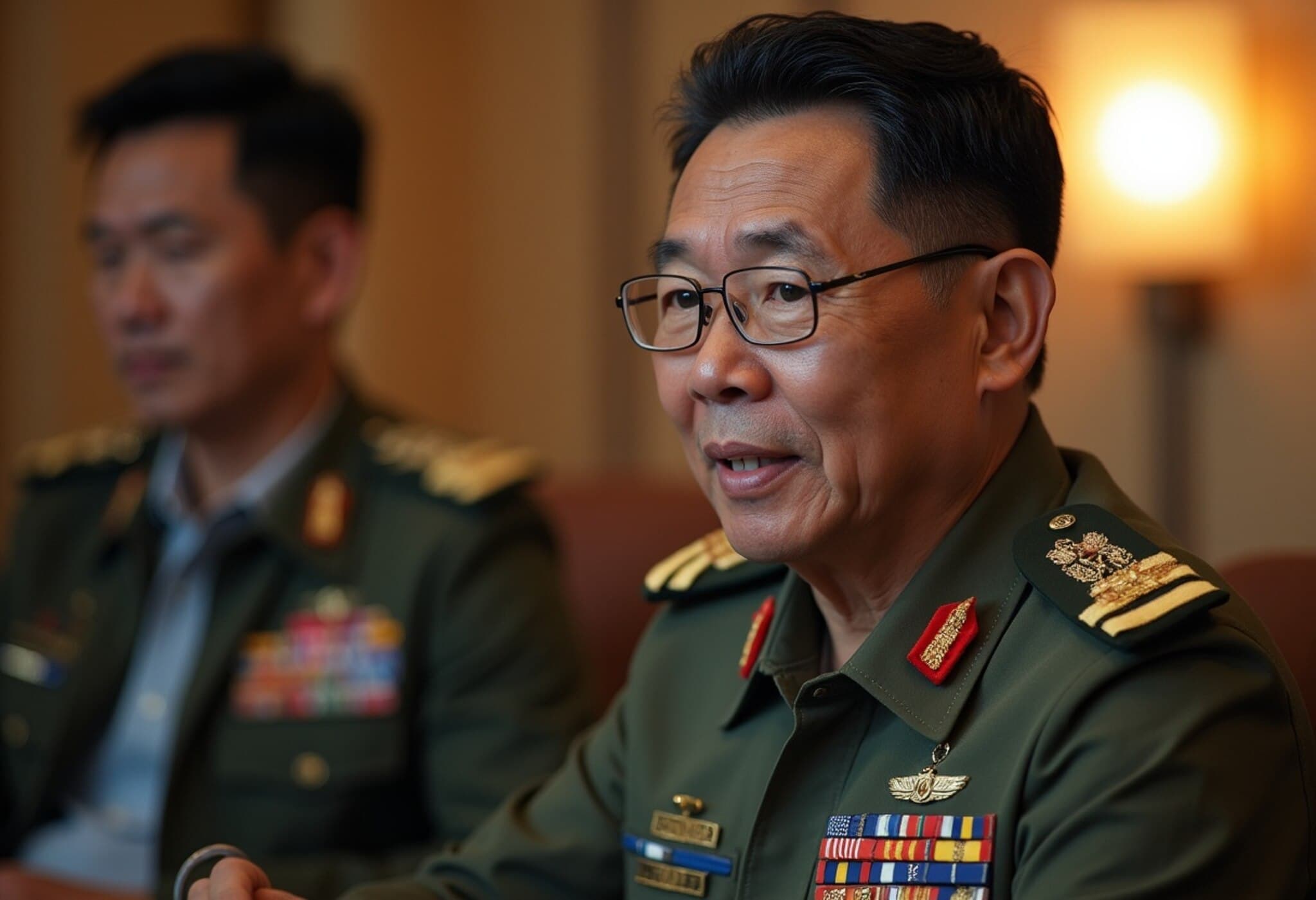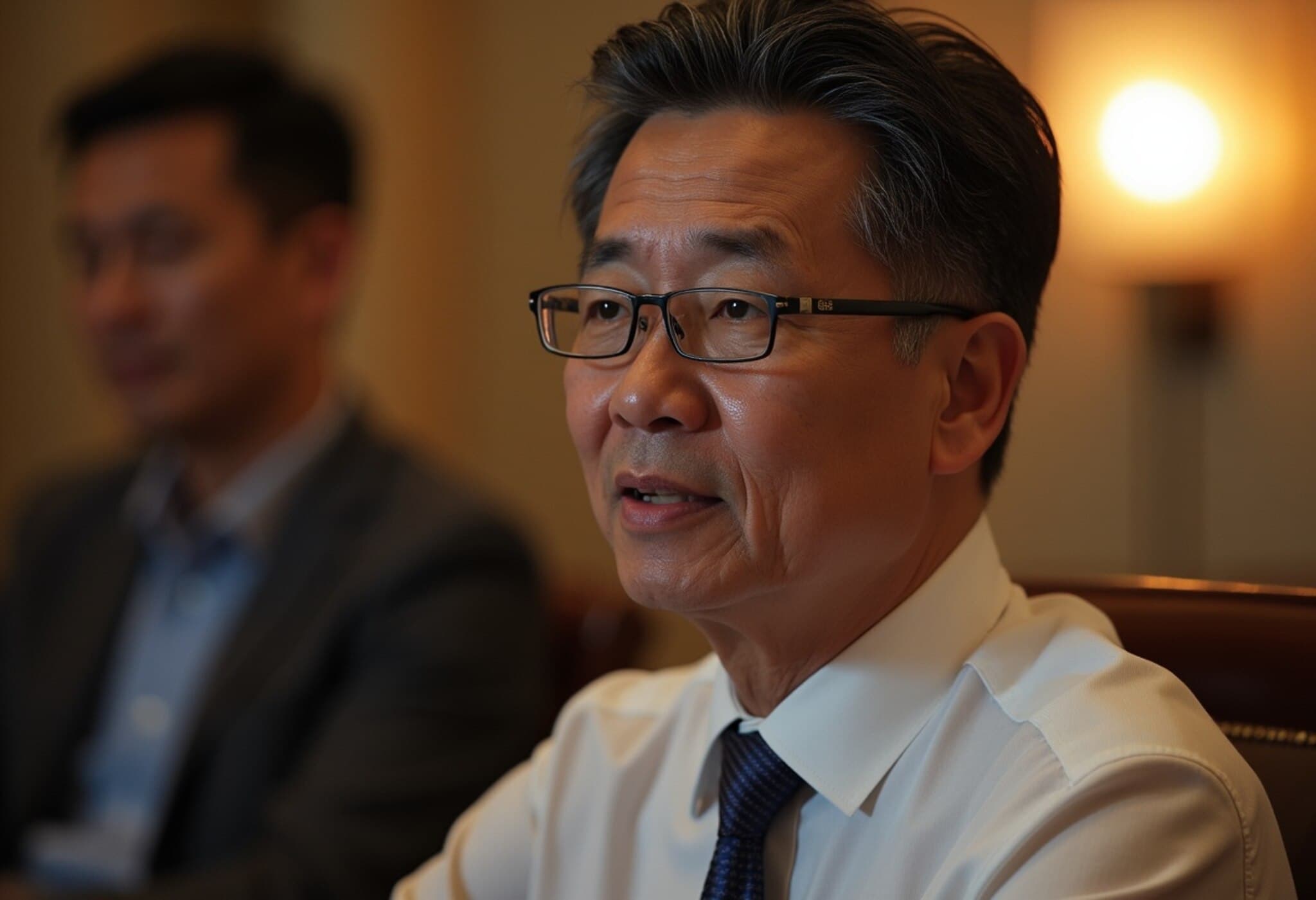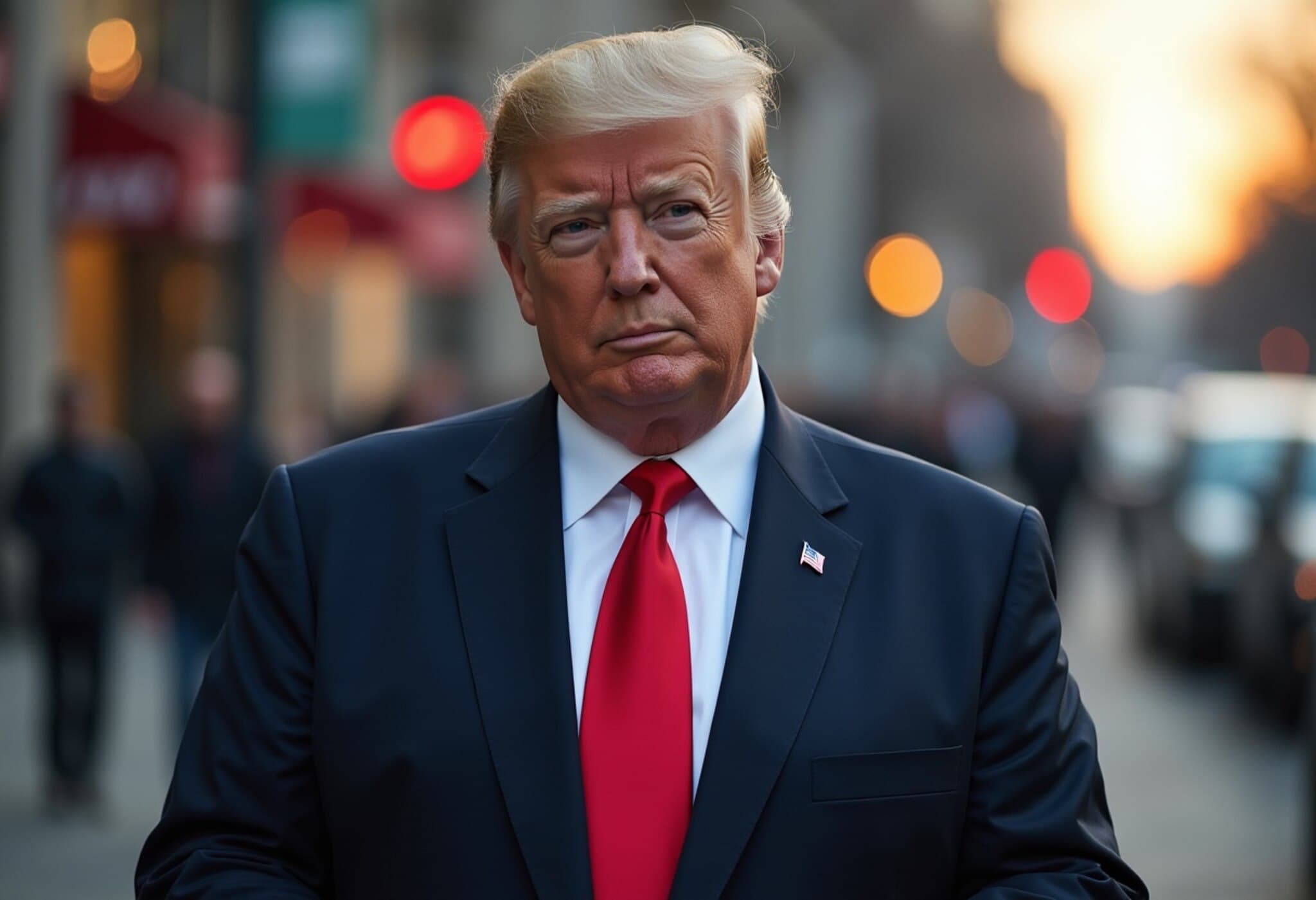Philippines Stresses Peaceful Dialogue Following China’s Objection to Marcos's Taiwan Remarks
On August 6, 2025, during an interview with Firstpost in New Delhi, Philippines President Ferdinand “Bongbong” Marcos Jr. emphasized the urgent need for peaceful settlement of disputes in the Taiwan Strait. His comments come amid rising tensions between Manila and Beijing, triggered by concerns for the safety of over 100,000 Filipino nationals living in Taiwan.
President Marcos’s Statement and the Philippines’ Position
President Marcos candidly spoke about the geographic closeness of the Philippines to Taiwan, warning that any military conflict in the region would not only destabilize peace but also directly impact Filipino citizens residing on the island. He reiterated the country’s firm commitment to the One-China policy, originally outlined in the 1975 Philippines–China Joint Communiqué.
“Peace and stability in Taiwan are paramount,” Marcos stated, underscoring Manila’s dedication to non-interference in China’s internal affairs and advocating for dialogue and diplomatic solutions within international forums.
China’s Strong Response: Guarding Sovereignty and Core Interests
China promptly responded to Marcos’s remarks with official protests, accusing the Philippines of “playing with fire” regarding issues it regards as fundamental to its sovereignty. The Chinese Foreign Ministry reiterated that Taiwan is an internal matter exclusive to China, urging Manila to strictly honor the one-China principle.
- China’s foreign ministry emphasized that “’Geographical proximity’ and ‘large overseas populations’ are not valid reasons for interfering in the internal affairs of another country.”
- It warned against external interference that could escalate tensions, reinforcing Beijing’s sensitivity to perceived challenges to its territorial claims.
South China Sea Tensions Amplify Regional Concerns
The remarks and subsequent diplomatic back-and-forth happen against a backdrop of ongoing disputes between the Philippines and China in the South China Sea, an area rich in resources and of vital geopolitical significance. Both nations have accused each other of aggressive maneuvers and violations of sovereignty.
The United States, a close ally of the Philippines under a mutual defense treaty, has reiterated its commitment to support Manila, adding another layer to the complex triangular relationship in the Indo-Pacific region.
Expert Analysis: Navigating a Delicate Geopolitical Landscape
From a policy perspective, the Philippines finds itself walking a tightrope. On one side lies its historic economic and diplomatic ties with China, the world's second-largest economy; on the other, its security alliance with the United States and the imperative to protect its citizens abroad. President Marcos’s measured language reflects an attempt to balance these competing pressures while prioritizing regional stability.
Moreover, the sizeable Filipino diaspora in Taiwan highlights an underreported facet of the Taiwan issue — the humanitarian stakes that often get overshadowed by broader geopolitical chess games.
Looking ahead, the situation poses critical questions:
- How will Manila maintain its sovereignty and protect its citizens without escalating tensions?
- What role can multilateral forums play in easing South China Sea conflicts?
- Could renewed dialogue between China and the Philippines pave the way for a more stable balance of power in Asia?
Conclusion
As the Philippines appeals for peaceful resolution and adherence to international principles, the delicate dance between power, diplomacy, and the welfare of ordinary people remains front and center. In an increasingly interconnected world, the fate of over 100,000 Filipino residents in Taiwan symbolizes how regional disputes invariably extend human consequences beyond mere political rhetoric.
Editor's Note
This development sheds light on the complexity of the Philippines' foreign policy amid rising Indo-Pacific tensions. While China vigorously defends its sovereignty claims, the Philippines underscores humanitarian concerns linked to its large expatriate community in Taiwan. It raises pivotal questions about how small and mid-sized countries navigate the pressures of great power rivalries without compromising their own national interests and the safety of their people.

